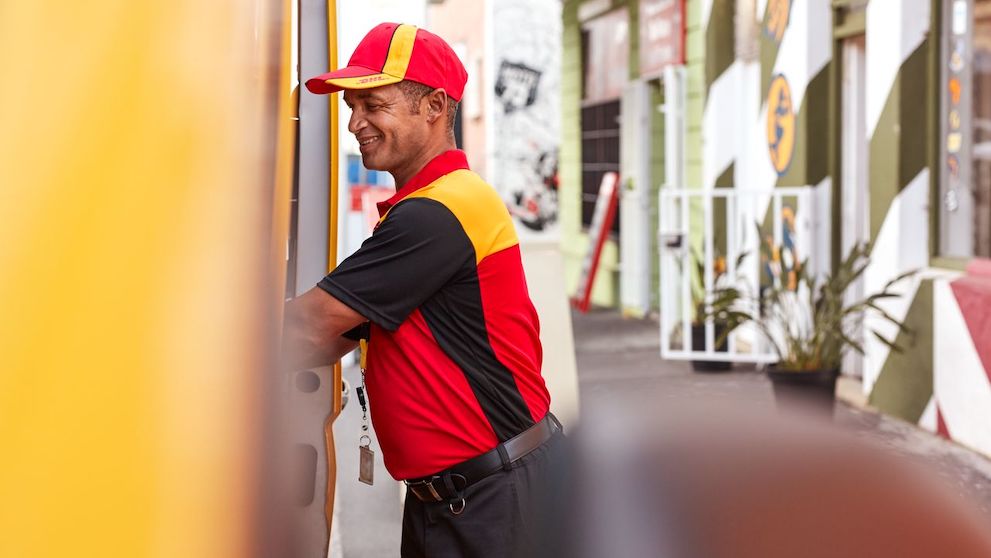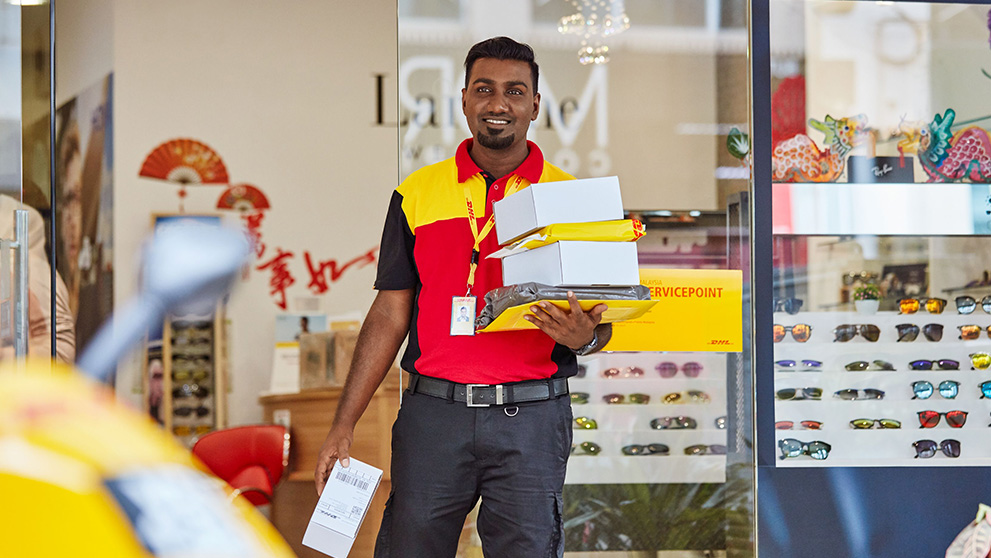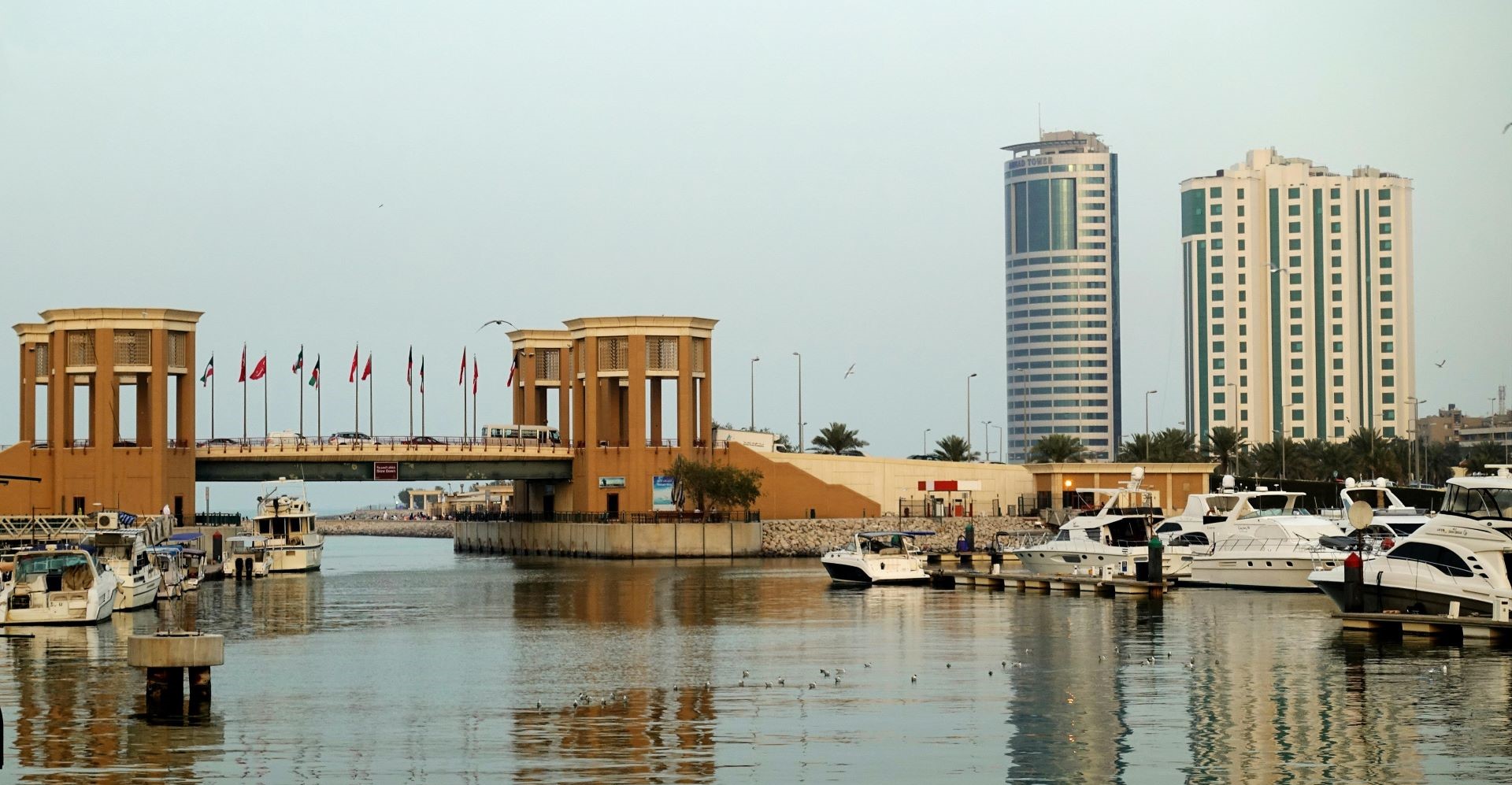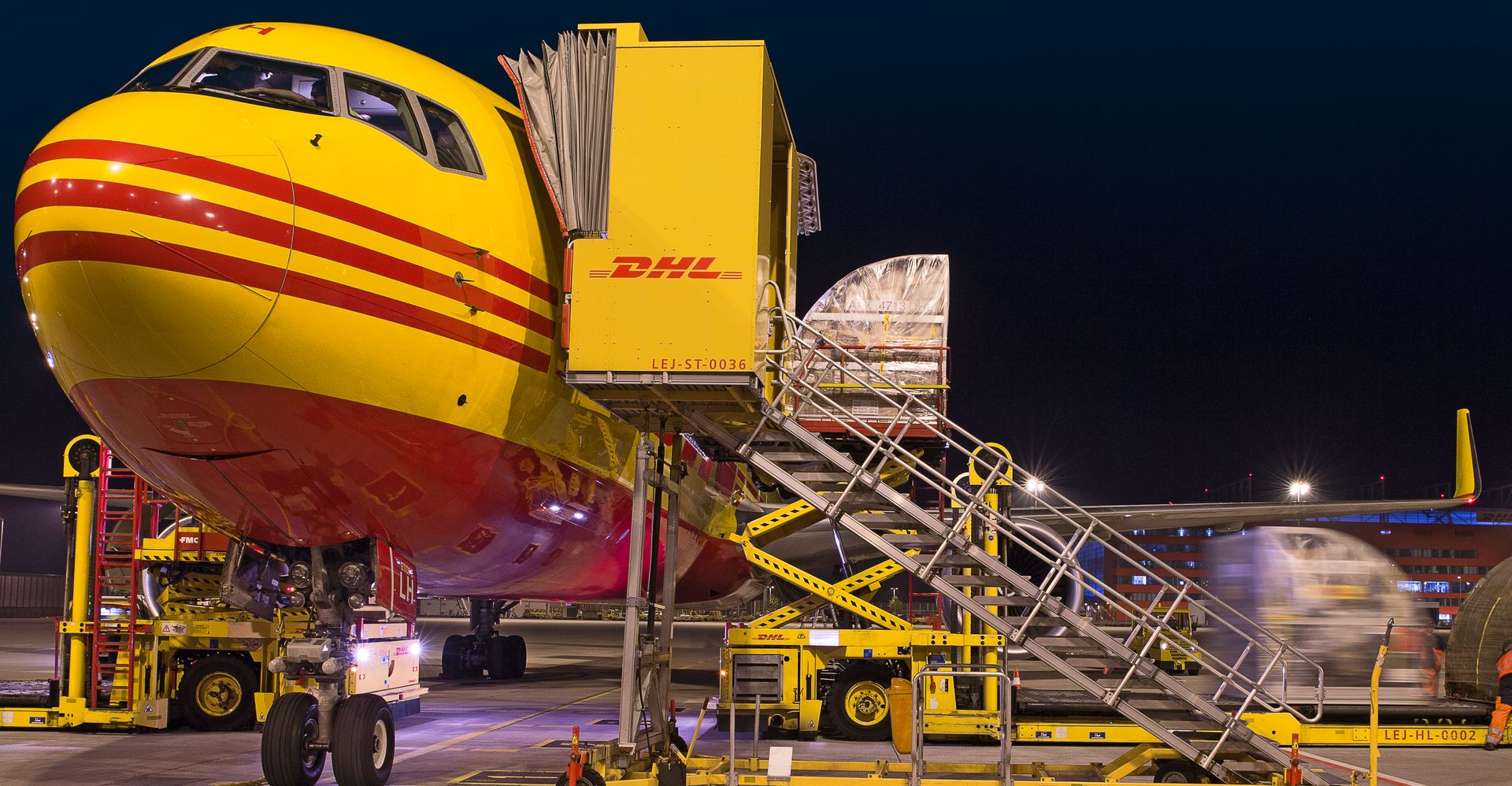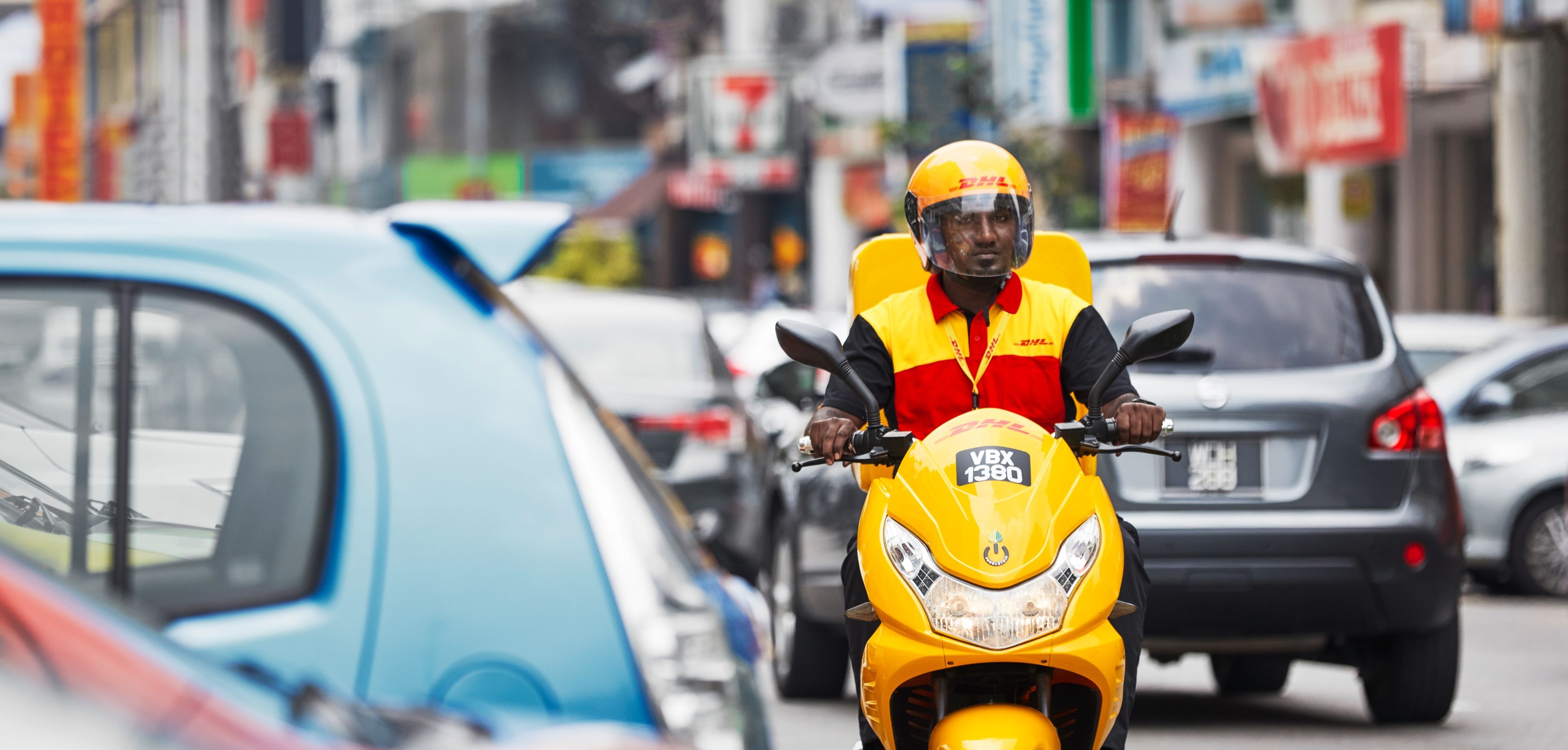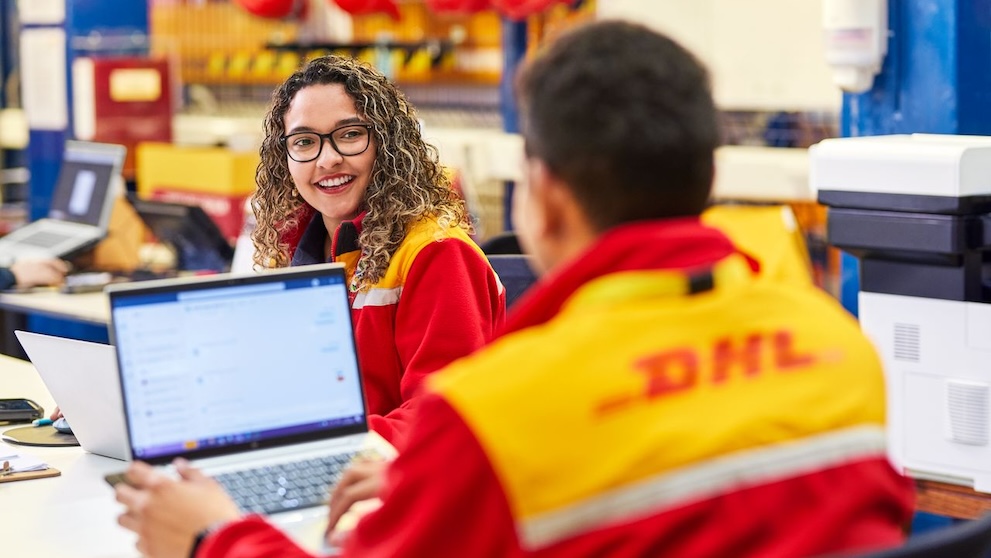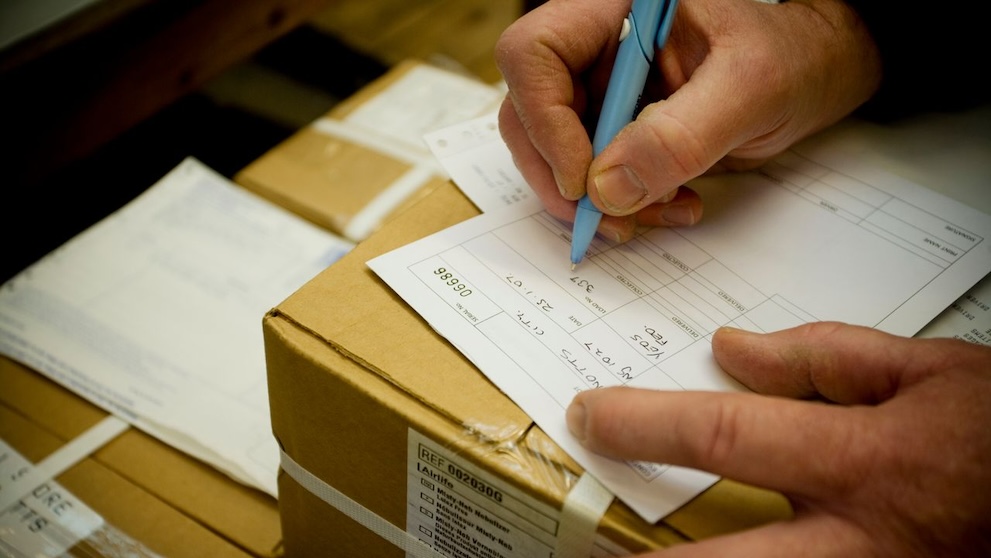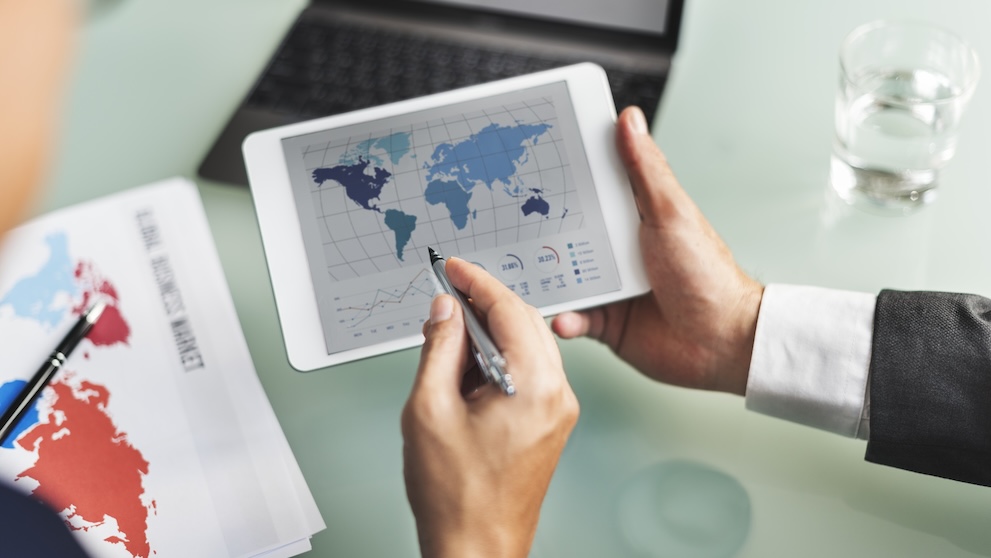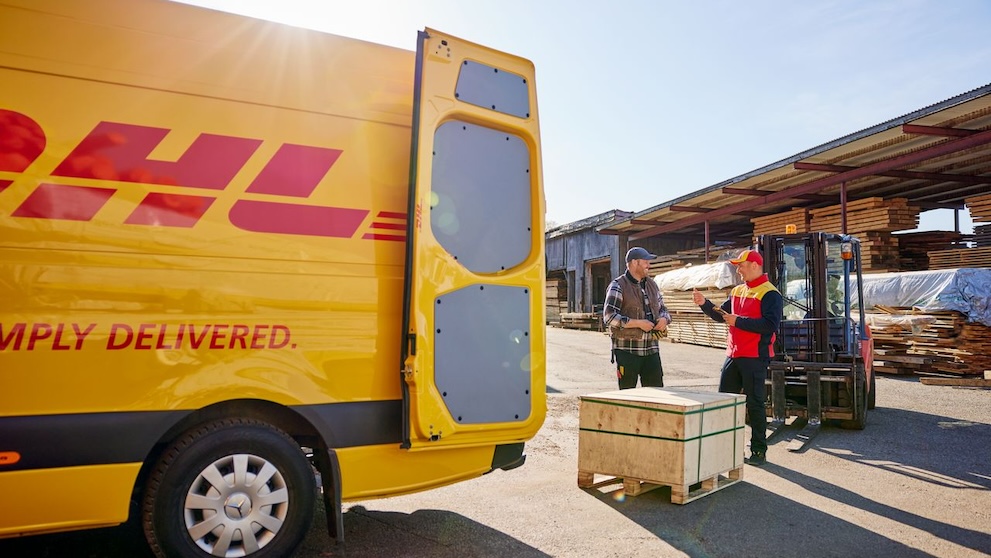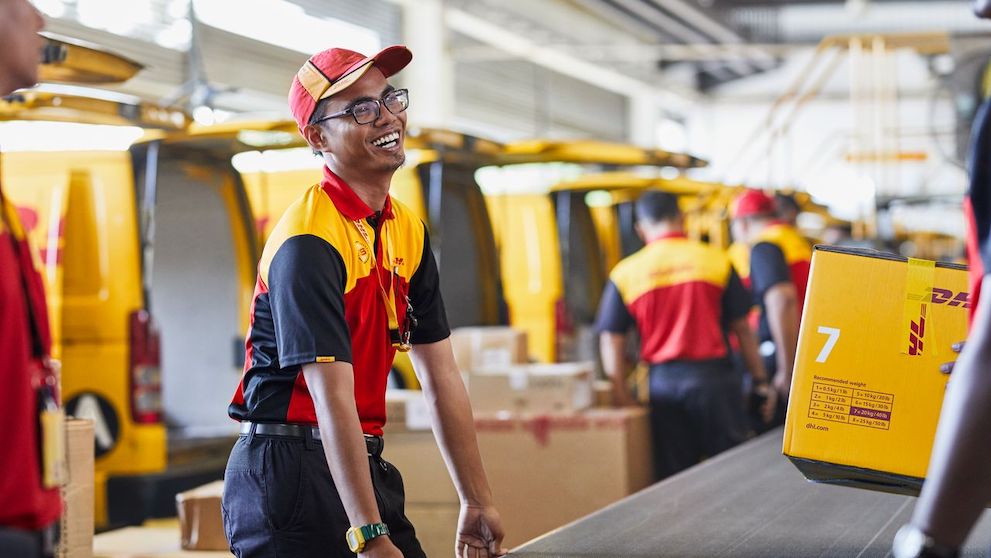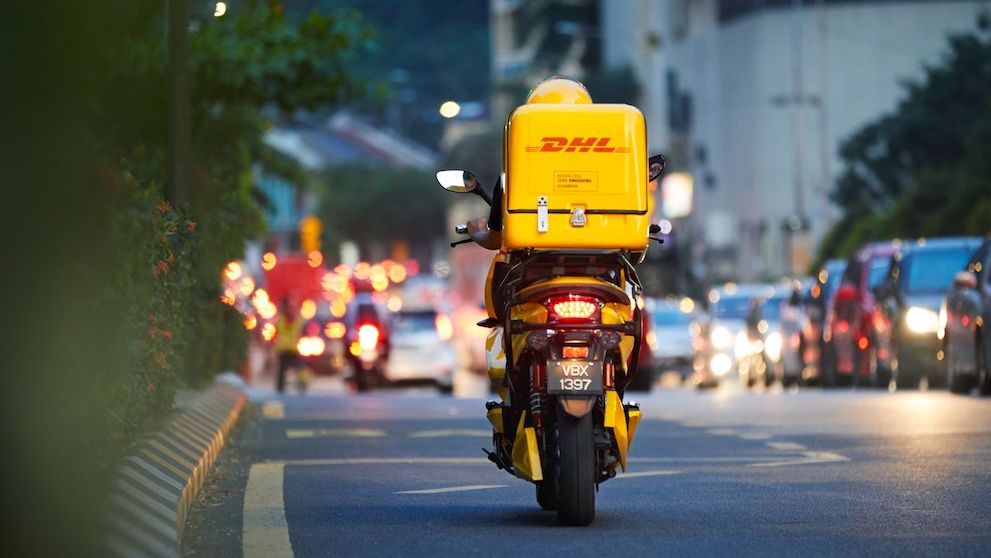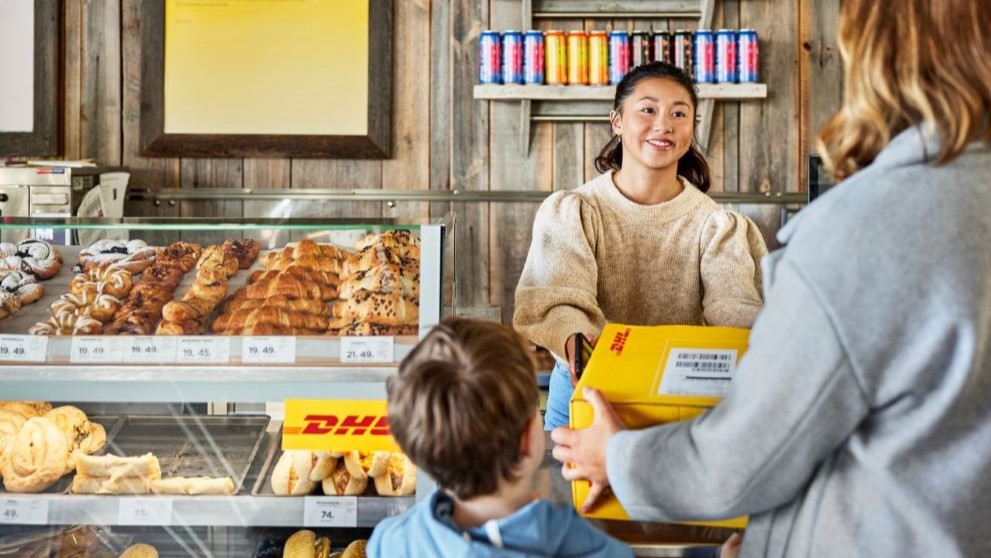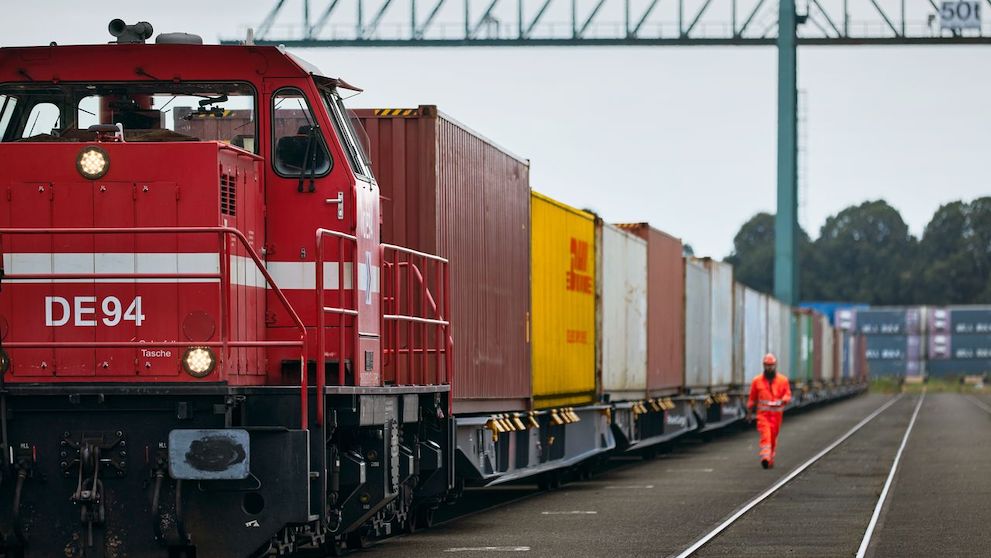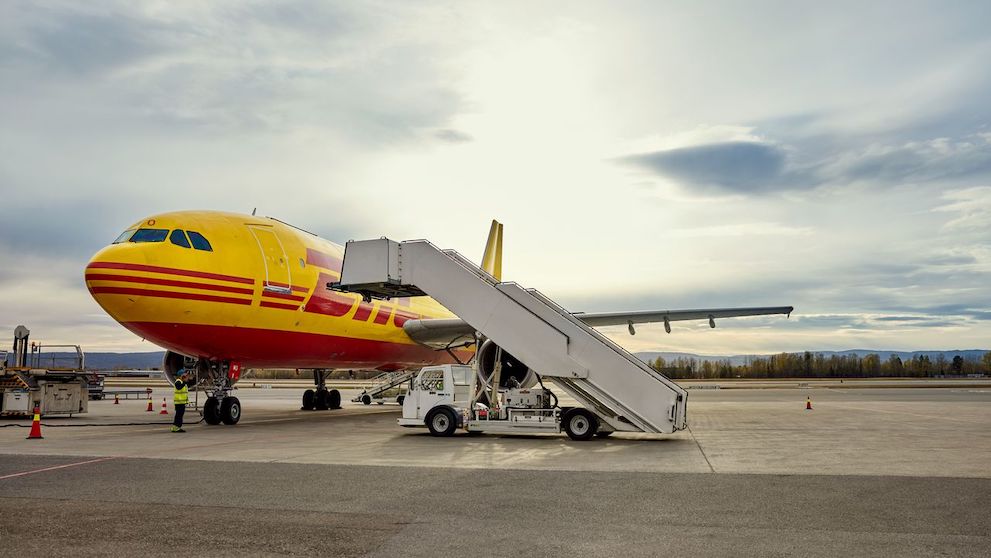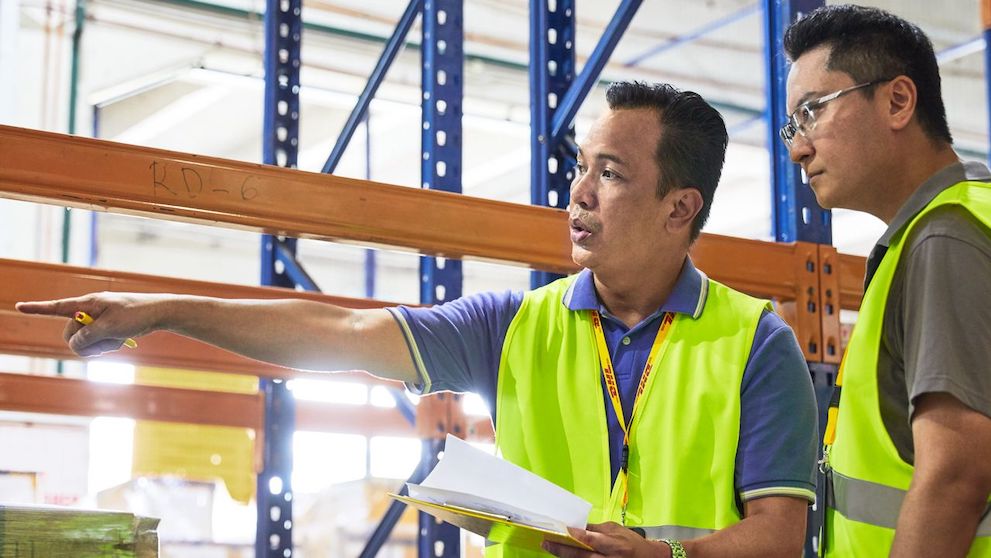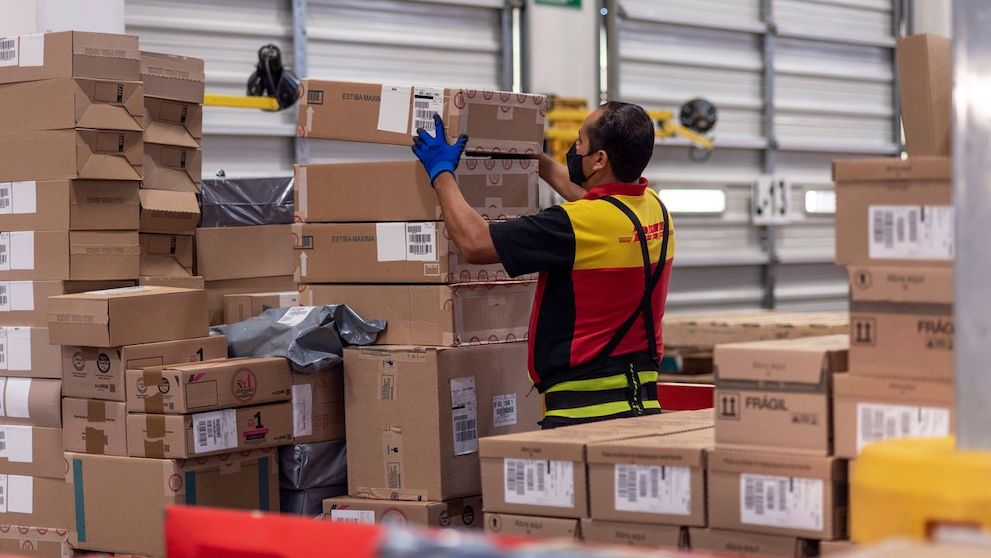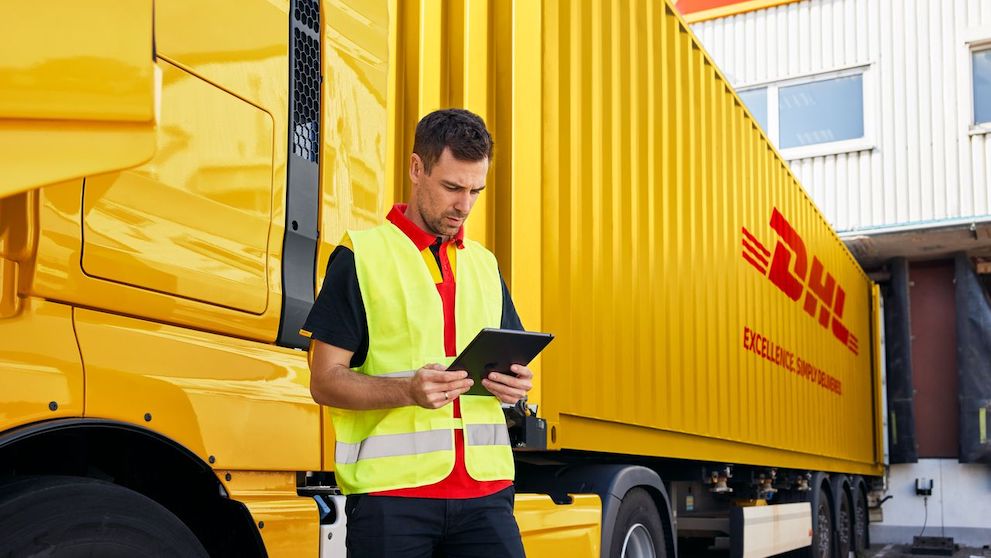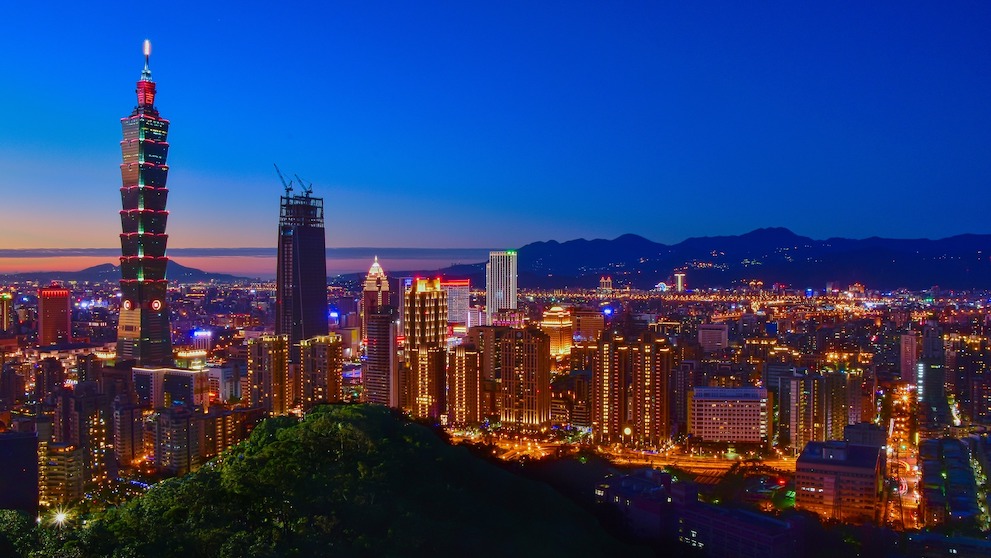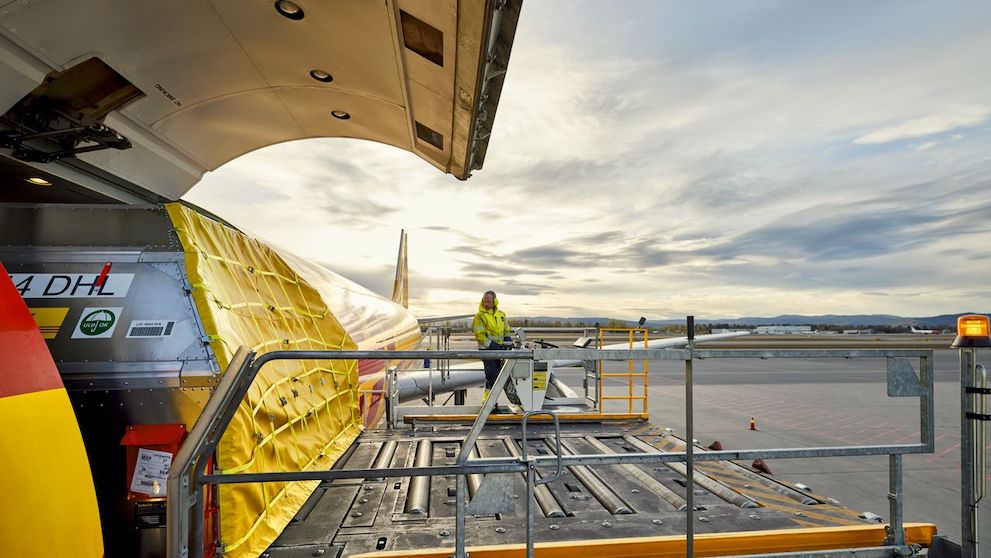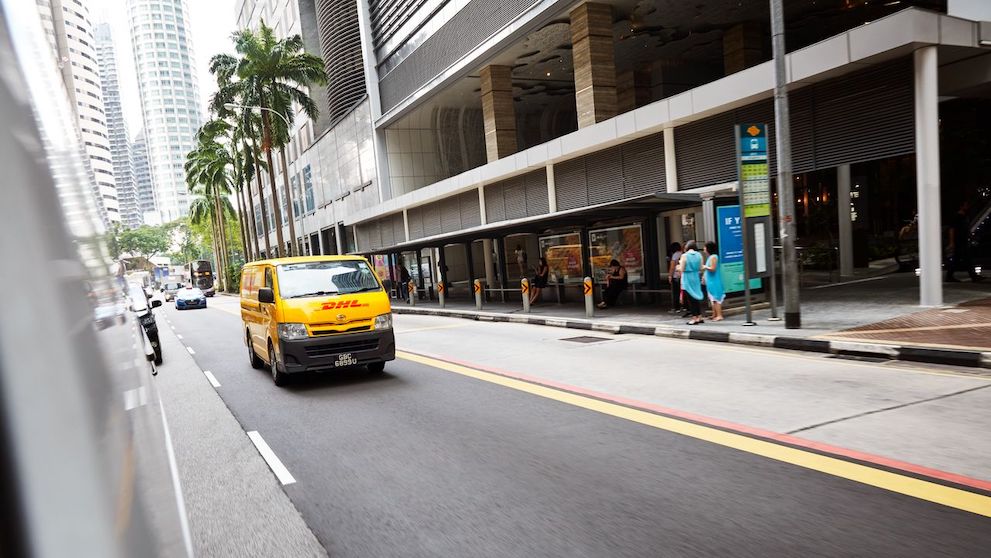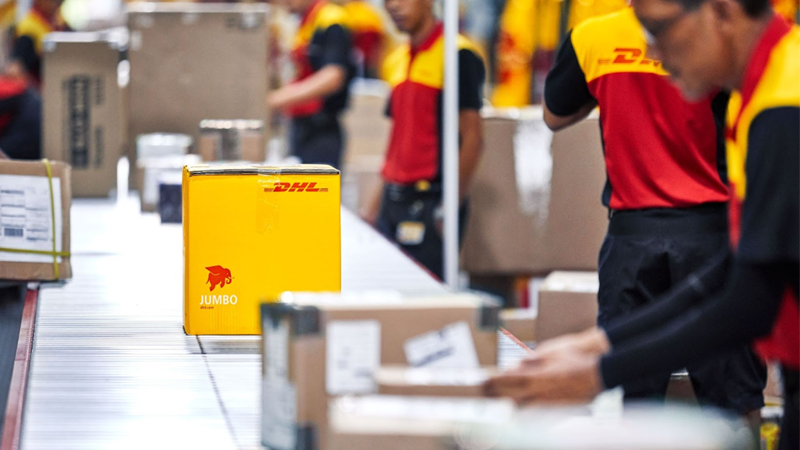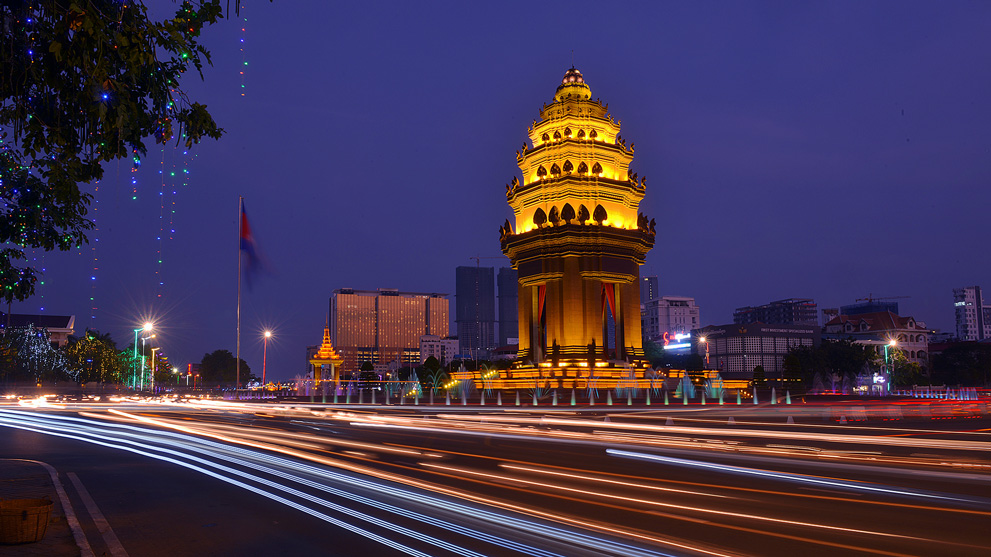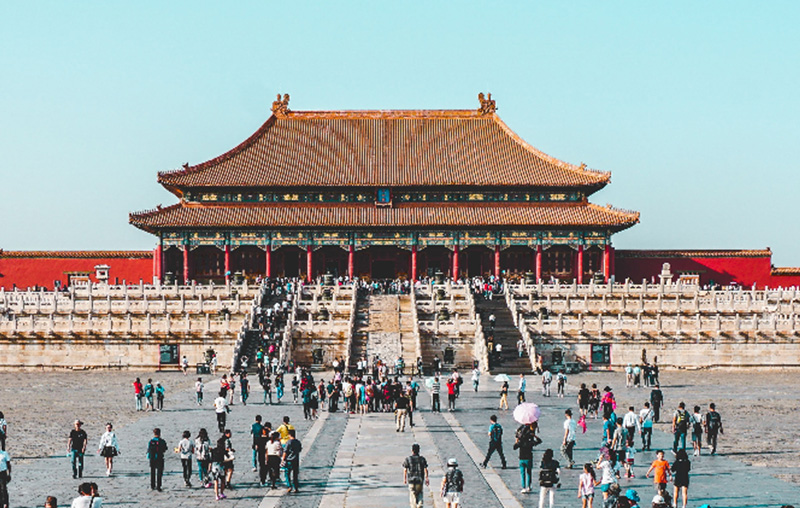Indonesia is one of the most diverse countries in the world, with a relatively young population of over 268 million people. Singapore has always been amongst one of the country’s top trading partners and foreign investors. Almost half of 1,075 firms surveyed by the Singapore Business Federation (SBF) ranked Indonesia as their top overseas destination.
As one of the fastest-growing economies in Asia, Indonesia is a prime marketplace for businesses in Singapore looking to export their goods and services. If you're looking to do business in Indonesia, this guide will give you an overview of what you need to know. Learn all about products that are in demand and the trade process, so that you can enter the Indonesian market with confidence.
Products that are in demand in Indonesia
Finding new opportunities to grow your business? If so, exporting products that are in demand in Indonesia may be the right move. By looking at the popular products in Indonesia, businesses can gain a competitive edge.
The Indonesian market is booming, and there is a lot of demand for certain types of products. The biggest imports and exports of Indonesia are as follows:
Top Exports
Coal Briquettes ($20.3B)
Palm Oil ($15.3B)
Petroleum Gas ($8.32B)
Cars ($4.52B)
Gold ($4.01B)
Top Imports
Refined Petroleum ($12.3B)
Crude Petroleum ($5.11B)
Vehicle Parts ($3.25B)
Telephones ($3.19B)
Petroleum Gas ($2.53B)
So far, the top exports from Singapore to Indonesia were non-monetary gold, petroleum and gas products, and electrical circuit apparatus. Exporting these products to Indonesia allows you to tap into this lucrative market and increase your sales revenues.
Process of exporting goods to Indonesia
When exporting goods to Indonesia, it is important to be aware of the country's import process. These are the key steps to keep in mind if you're looking to bring goods into the country. By following them, businesses can minimise potential delays and problems with their exports to Indonesia.
Indonesia’s import process
First Mile: The goods move from your business’s warehouse to Singapore’s port.
Singapore’s Customs Clearance: The goods are cleared for export from Singapore
Freight: The goods move from Singapore’s port to Indonesia’s port.
Indonesia’s Customs Clearance: To clear customs, shippers must provide the following — certificate of origin, master airway bill/bill of lading, packing list, receipt of payment of import duty and import-related taxes as well as other relevant permits.
Distribution: The goods arrive at the distribution centre or warehouse so they can be processed and packed into vehicles. If the customer’s address cannot be reached by a vehicle, a domestic flight will be arranged for the shipments.
Last Mile: The goods are transported to the customer in Indonesia.
Things to note when exporting goods to Indonesia
Prohibited goods: The Minister of Trade (MOT) in Indonesia has recently simplified the regulations on export and import goods by implementing Regulation 18. Under this regulation, sugar, rice and hand tools cannot be imported. By understanding the restrictions in place, you can ensure that your exports meet all requirements and avoid any delays or penalties.
Tariffs and taxes for Singapore goods: Tariffs on imports from ASEAN member nations, including Singapore, vary from 0 to 5%, as Indonesia is under the ASEAN Free Trade Agreement.
Types of certifications required: Below are the types of certifications needed for each category of items:
Prescription Medicines/Drugs: Apply for an Import permit (FDA Permit) from the National Agency of Drug & Food Control (BPOM).
Seeds & Coffee: Obtain a quarantine permit from the Ministry of Agriculture.
Plant products & Finished leather goods: The shipper must provide a Phytosanitary certificate while the consignee will need a quarantine permit from the Ministry of Agriculture.
Cosmetics: Permit from the National Agency of Drug & Food Control (BPOM) is required.
Mobile phones, accessories & components: The sender have to get a surveyor certificate, Import Approval by the Indonesian Ministry of Trade, and Imported Product Registration Number by the Indonesian Ministry of Industry.
Find a reliable shipping partner
DHL Express is a reliable shipping partner that businesses can count on. With a global reach and outstanding customer service, we make it easy for businesses to ship products from Singapore to Indonesia. Whether you need to ship a package at a specific time, have same day delivery, or simply send over large shipments, DHL Express has you covered. We have always believed in the importance of sustainability across the entire supply chain. Our sustainable solutions help to ensure that the delivery of your products is more environmentally-friendly. For example, DHL worked with Daimler Trucks to consolidate their warehouses, improving accessibility to spare parts, which translates to less time spent on the roads and reduced carbon footprint.
Our online shipping tools also make it easy to track your shipments and get real-time updates on delivery status. Sign up for a DHL Express account and join the thousands of businesses in Singapore that work with DHL Express!
